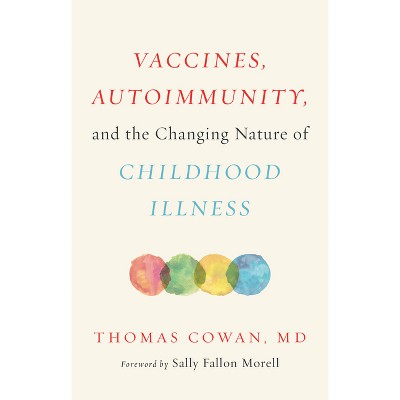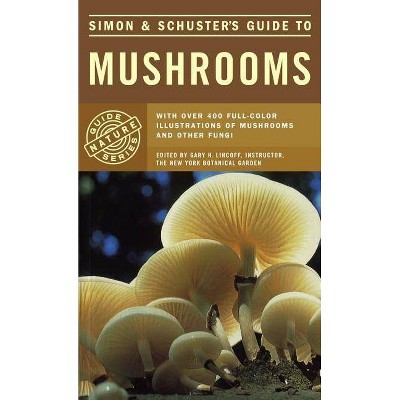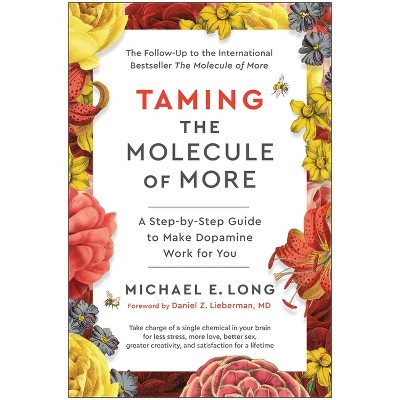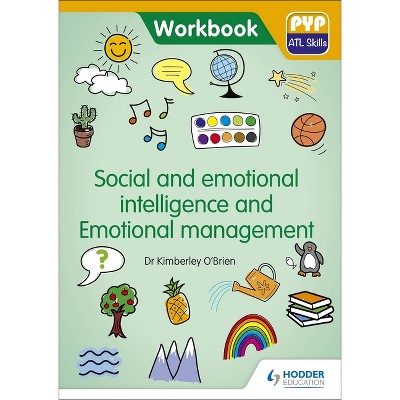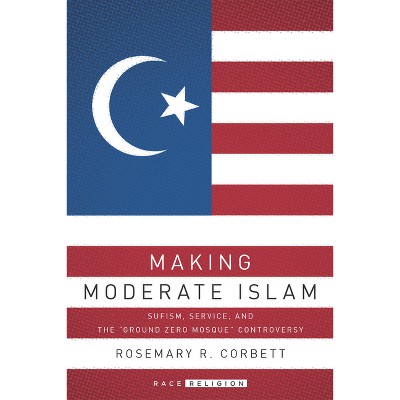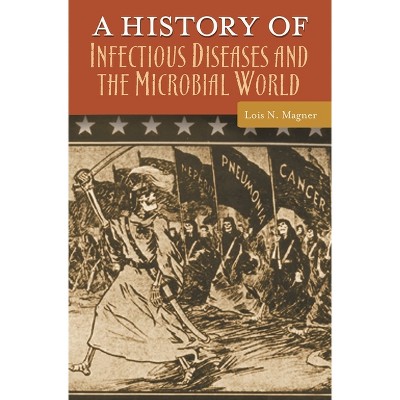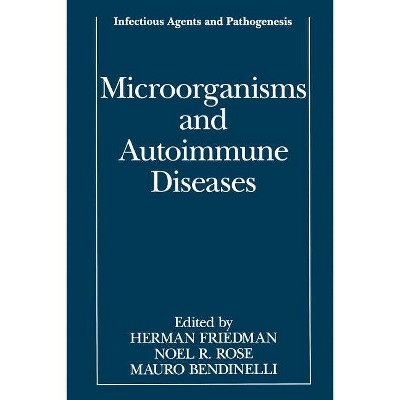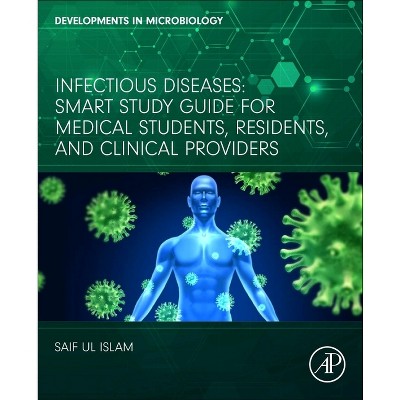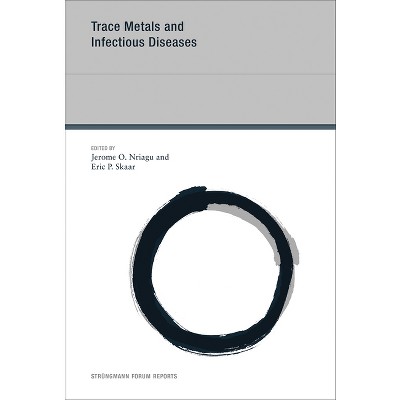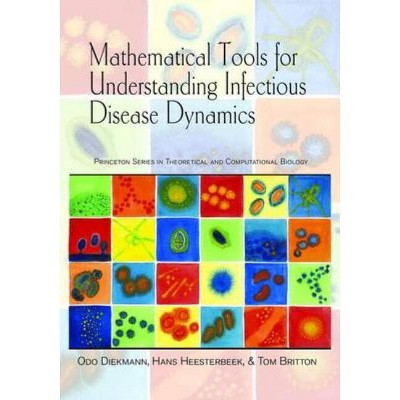Sponsored

Molecular Paradigms of Infectious Disease - (Emerging Infectious Diseases of the 21st Century) by Cheryl A Nickerson & Michael Schurr (Hardcover)
In Stock
Sponsored
About this item
Highlights
- Infectious diseases caused by bacterial pathogens are a leading cause of human illness and death worldwide.
- Author(s): Cheryl A Nickerson & Michael Schurr
- 646 Pages
- Medical, Immunology
- Series Name: Emerging Infectious Diseases of the 21st Century
Description
Book Synopsis
Infectious diseases caused by bacterial pathogens are a leading cause of human illness and death worldwide. The study of bacterial pathogenesis has changed dramatically over the last decade, as a result of revolutionary changes in biotechnology and our understanding of molecular and cellular biological systems. This volume is structured to emphasize paradigms of infectious disease that have emerged over the last 10 years and provides a fundamental understanding of the complex cellular and molecular processes that are important for bacterial virulence and the infectious disease process. The book highlights key techniques and methodologies that have driven recent discoveries in bacterial pathogenesis, major structures and mechanisms in bacteria that are important for their pathogenesis, the regulation of these virulence determinants by global regulators, and bacterial biowarfare agents.
From the Back Cover
This comprehensive volume, written by leading authors in the field, provides a fundamental understanding of the complex cellular and molecular processes that are important for bacterial virulence and the infectious disease process. Written in a clear and engaging manner, the book highlights key techniques and methodologies that have driven recent discoveries in bacterial pathogenesis, major structures and mechanisms in bacteria that are important for the pathogenesis of these organisms, the regulation of these virulence determinants by global regulators, and bacterial biowarfare agents. Molecular Paradigms of Infectious Disease: A Bacterial Perspective is an ideal book for students, microbiologists, immunologists and scientists and researchers of bacterial pathogenesis.
Shipping details
Return details
Trending Non-Fiction




